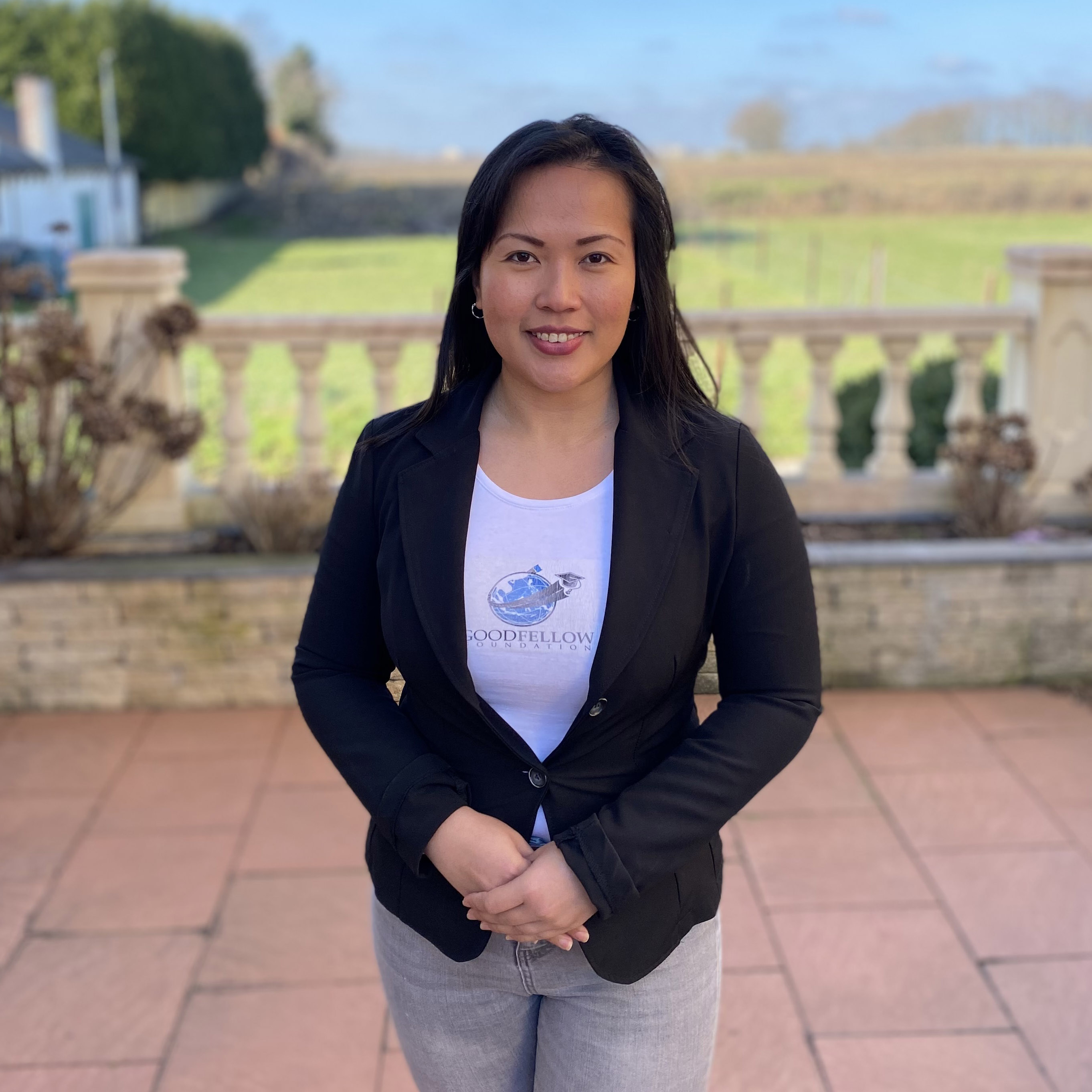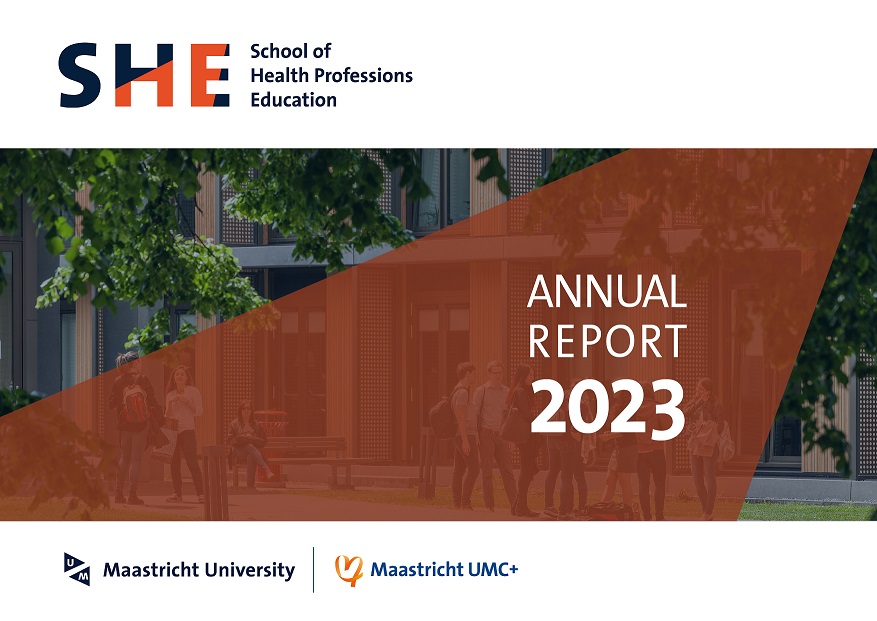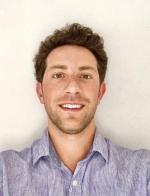International Women’s Day: a UM perspective
On International Women’s Day, 8 March, we ask three women from the UM community, what this day means to them, if they see any progress in women’s positions in society and who is their role model. Julie Goodfellow (student recruiter and chairman of the Goodfellow Foundation), Diane Ngatchou (board member of Feminists of Maastricht) and Paula da Costa Martins (professor of Molecular Microvascular Biology) share some of their experiences.
“Education is the most powerful weapon to change the world”
Julie Goodfellow, Student Recruitment Adviser at the School of Business and Economics and chairman of the Goodfellow Foundation, which supports young women for their education and life coaching. “I think women should show the world that they are not afraid to reach that goal or career they have in mind, never stop learning and always be curious. They have the power to change the world and they matter.”
What does International Women’s Day mean to you?
“It is a day to celebrate and reflect on the achievements, inspirational and positive stories of women and girls globally. This day encourages and facilitates the need for discussion towards the cultural, social, economic and political stand of women.”
When do you think we will no longer need such a day?
“As long as gender inequality is still at large, and women in their career advancement are still judged not based on their capabilities and competences but their gender, we need this day to make a change and inspire all the women in the world that we make amazing things happen when we empower each other.”
This year commemorates the tenth anniversary of UN Women. In reflection of this landmark, what changes within your field have you experienced in the past decade in regards to female equality?
“I can speak for myself and for the work that I am doing at Goodfellow Foundation. I observed that women are becoming more educated, ambitious and getting out of the old notion that women only belong to the kitchen. Women are more capable of that. I am proof of that, I was born, raised and lived in the slum area and poorest part of Cavite City, Philippines until 2010. In that area, you see the vicious cycle of girls getting pregnant at 16, not finishing their education and who have no ambition to be other than housekeeping waiting for a man to support them. There is nothing wrong with becoming a housewife, however, we can be who we want to be as long as we have a good support system and we put our hearts and minds to whatever it is we want to see in the world. I have always known that I will change this mindset and it should start with me. As Nelson Mandela said, ‘Education is the most powerful weapon which you can use to change the world’. So I did, I focused on studying, finishing with flying colors in the Philippines. As a result, I got the scholarship from a Dutch charity named after me, which I am forever grateful for giving me a chance to study in a university in the Netherlands. Right now, as the leader/chairman of this charity, I am more than proud to see the impact of education on our student’s life which is a life changing experience for them and their families.”

Julie Goodfellow, Student Recruitment Adviser at the School of Business and Economics and chairman of the Goodfellow Foundation.

"Let’s be the change that we pursue”
Diane Ngatchou, board member of Feminists of Maastricht, puts topics related to gender equality on the agenda in weekly meetings, in order to spark discussion, raise awareness, and share ideas and experiences. “As the afro feminist activist and writer June Jordan said: ‘We are the ones we have been waiting for’. We cannot wait for other people or other times. Let's be the change that we pursue.”
What does International Women's Day mean to you?
“The International Women's Day is a moment to appreciate all the work that has been done while recognising the necessity for an intersectional feminist struggle in 2021 in a city like Maastricht. In the same way, we have questioned how women were constitutionally deprived of fundamental rights centuries ago, the next generation will question how we got blinded by an illusion of equality, while women and vulnerable groups were still systemically discriminated against, oppressed in patriarchy, and exploited in a capitalist system.”
When do you think we will no longer need such a day?
“When patriarchy will be smashed. As long as we don't achieve a systemic change, the more vulnerable groups will keep being oppressed by the most privileged ones. Transitioning towards a more just and equal system is essential.”
This year commemorates the tenth anniversary of UN Women. In reflection of this landmark, what changes within your field have you experienced in the past decade in regard to female equality?
“I have noticed that the necessity to question gender equality has been acknowledged, at least in the most liberal environments. However, there is still a long way to go as intersectionality and the need for systemic change are still not acknowledged and embraced by the majority. We are not liberating women from patriarchal oppression so far but only increasing the privileges of the ones that are already privileged.”

Diane Ngatchou, board member of Feminists of Maastricht

A professional world, dominated by men
Prof. Paula da Costa Martins, professor of Molecular Microvascular Biology, leads her own research group and organises education and teaches at the Maastricht Science Programme and the Faculty of Health, Medicine and Life Sciences. “My tip for young women would be: seek for being valued for your expertise and character, not your gender, age, ethnicity of religious background”.
What does International Women's Day mean to you?
"I guess the same as to many people: a day to celebrate recognition of women achievements regardless of their economic, political, religious or ethnic background. For a long time, I did not really pay much attention to it, but being part of my professional world, you start realising that it is dominated by men. Throughout my path so far, I did see things changing for better. University culture is changing and a very good example our university. Increasing the number of females in top functions has been a main goal and much effort has been directed to this.”
When do you think we will no longer need such a day?
“For as much as I would like to think soon, I’m afraid this will never happen at a global level. In most European countries, we are getting closer despite of cultural and religious differences. I come from a country where in the older generations there is still a clear difference but I am glad my parents did not educate me that way, with both of them providing for the family, taking important decisions together, while professionally also having important decision-making positions. But well, statistics say it will take at least another 100 years to achieve gender equality worldwide, that might be a realistic prognostic.”
This year commemorates the tenth anniversary of UN Women. In reflection of this landmark, what changes within your field have you experienced in the past decade in regards to female equality?
“I did see things changing for better throughout my career so far. I remember as a junior postdoc, being at an interview for a research grant in front of an assessment committee composed of only men. Situations like these no longer happen! Not only committees are gender well balanced, but also the number of women in top positions has increased considerably. There are more tools available, such as negotiation and management courses for women in science which consider the emotional differences between women and men, which in my opinion greatly accounts for differences in professional achievements between women and men.”

Prof. Paula da Costa Martins, professor of Molecular Microvascular Biology.

Also read
-
DATASET researchers from Maastricht University (BISCI) and Fontys applied the Digital Readiness Scan developed by Logistiek Digitaal to several regional logistics service providers, scientifically validated the underlying methodology, and analyzed the strengths and weaknesses of this tool.
-
Download our Annual Report from 2023.
-
On 12 June 2024, Dr Domenico Carolei, Lecturer in Public International Law and Public Law at the University of Stirling, gave a talk entitled 'Charting NGO Accountability: Identifying alternative accountability routes'.


